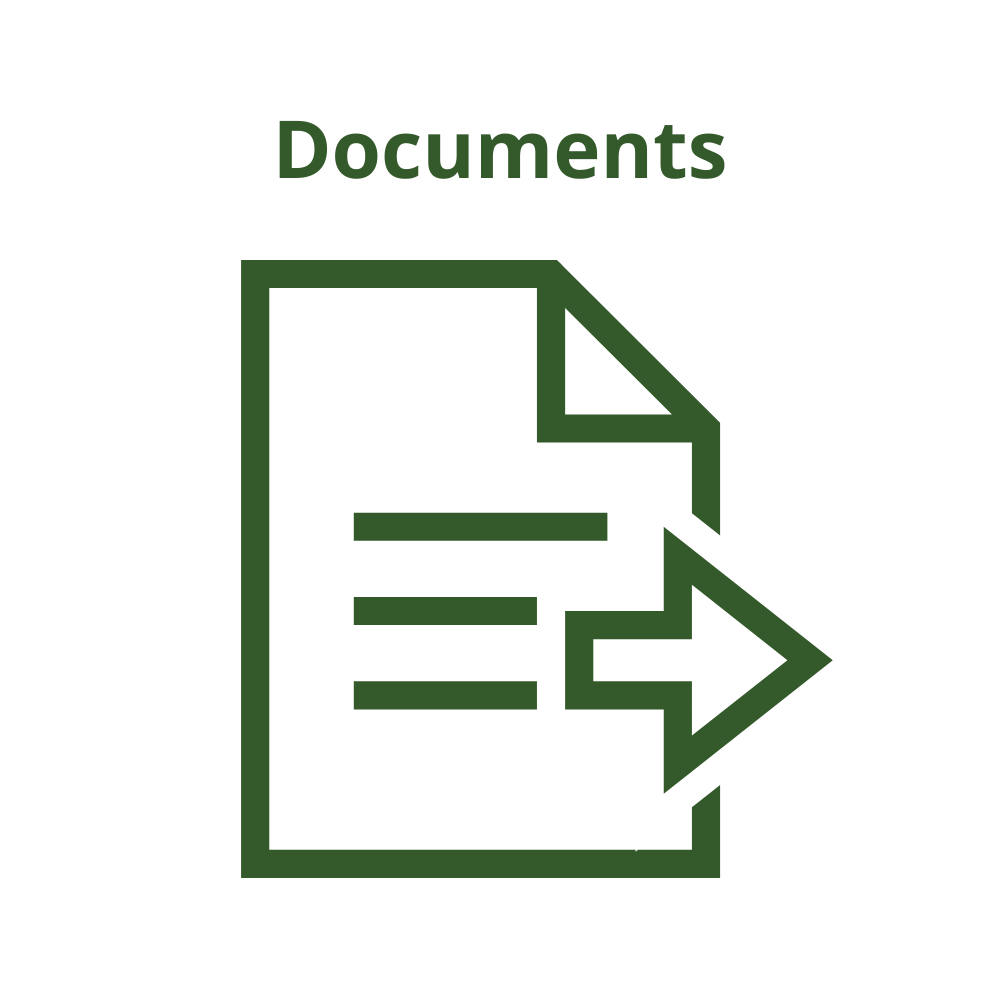MissionGreenFuels Call
Pool 4 call is closed
Application Deadline: 12 November 2025, at 11:59 AM (noon).
Project duration: Minimum one year. Projects must end no later than May 2030.
Total budget for this call: Approximately 68 million DKK.
What is called for?
The MissionGreenFuels partnership invests in ambitious, cross-cutting research and innovation projects that can create new, concrete solutions to issues and challenges towards 2030 and 2050. We seek projects that contribute to the overall MissionGreenFuels mission and roadmap.
Projects under the following themes can be applied for:
Learning question: Which hydrogen-related technological elements could be demonstrated at industrial scale by 2030 and have the potential to significantly reduce the cost of hydrogen?
Green hydrogen is essential for decarbonising hard-to-electrify sectors such as heavy transport and industry, shipping, and aviation. It can be used directly to replace traditional fossil fuels in the transportation sector, or act as a building block when producing green methanol, sustainable aviation fuel, hybrid production of bio-methane, or green ammonia.
However, to make green hydrogen and green hydrogen derivatives economically viable and competitive with fossil fuels, the production costs must be significantly reduced while ensuring long-term environmental sustainability. By lowering the cost of green hydrogen, the overall cost of other sustainable fuels will also decrease, making them more attractive in industries reliant on fossil fuels.
Economies of scale and electrolyser improvements play a significant role in decreasing costs for green hydrogen. The first term describes the savings that come from producing in large quantities. The second factor helping drive down costs is electrolyser innovation. The price of electrolysers is decreasing, as capacity, competition, and efficiency increase. This will allow for larger facilities to be built, producing more green hydrogen and bringing the cost closer to that of fossil-based hydrogen.
In this call we look for both radical and incremental demonstratable innovations within technological development that are aimed at improving the efficiency, cost reduction, and scalability of green hydrogen production (e.g., innovations in electrolyser design, unit scalability, balance of plant simplification, materials science, and renewable energy integration). Furthermore, we look for solutions to reduce, reuse, or eliminate the use of critical or rare materials in electrolysers.
The projects must be able to set clear milestones and targets for potential CO2 and cost reduction, job creation, and export potential. The projects must clearly describe how they contribute to reaching cost parity of sustainable fuels in 2030.
All projects must further include relevant aspects on system integration and social sciences and humanities (SSH) – how does your project fit in the bigger system puzzle? And what is the impact on society?
We look for projects, with duration of three to four years. A total budget of 28 million DKK is allocated for this theme, and we expect to invest in one to three projects with an investment rate of maximum 75%. We foresee projects involving active collaboration between three to eight partners with a mix of academia and industry. The solution must be deployable in industrial application in 2030.
Learning question: Through demonstration in industry, which fuel production pathways can deliver significant cost down in 2030?
In 2030, green fuels will still face challenges in being cost-competitive compared to traditional fossil fuels, which hinders their widespread adoption. Without the financial backing to make sustainable fuels competitive with fossil fuels, their role in decarbonising the shipping and aviation sectors may be limited, slowing the overall pace of the green transition.
By 2030, particularly biofuels and early-stage e-fuels, or combinations hereof, that are currently close to commercial maturity, will play a critical role in reducing emissions in the shipping and aviation sector, leveraging existing infrastructure and feedstocks to meet short-term climate goals.
In context of 2030 we expect the majority of the projects under this theme will demonstrate or advance bio/hybrid production pathways with potential to deliver significant CO2 reduction within shipping and aviation. For biofuels, it is important to note that to be considered sustainable, the bio-feedstocks must align with the EU RED III rules for “advanced” feedstocks and must not include energy crops or crops grown for food.
Demonstrating the technical feasibility and economic viability of advanced conversion technologies is critical for future large-scale production of green fuels that uses 2nd or 3rd generation bio-feedstocks.
Pilot and demonstration projects should be designed to validate under real-world conditions, assessing performance metrics such as conversion efficiency, product yield, and process stability.
The projects must be able to set clear milestones and targets for (potential) CO2 and cost reduction, job creation, and export potential. Furthermore, the projects must clearly describe how they contribute to economically viable green fuels in 2030.
Projects should include relevant aspects of social sciences and humanities (SSH), land-use, life-cycle-assessment (LCA), safety, certification, regulation, identification and understanding of end-demands, and synergies to other competing technologies and/or end-products.
We look for projects with duration of three to four years. A total budget of 30 million DKK is allocated for this theme, and we will invest in one to three projects with investment rate of maximum 75%. We foresee projects that involve active collaboration between three to eight partners to encourage a mix of academia and industry. Only projects starting at technology readiness level (TRL) of 5/6 or higher with potential to deliver significant CO2 reduction in 2030 will be considered for funding.
Learning question: Which initial initiatives, that ensure long term fuel availability/deployability at scale, should we activate now to support future market development?
Sustainable fuels will be crucial for shipping and aviation in 2050 because these sectors are among the hardest to decarbonise and achieving global net-zero emissions by 2050 requires high energy density sustainable fuels.
By 2050, e-fuels like e-methanol, e-methane, e-ammonia, and e-kerosene are expected to play a significant role when fuelling shipping and aviation.
Despite their potential, sustainable fuels face significant challenges in terms of cost competitiveness, technological readiness, and scalability. Current production costs for e-fuels remain significantly higher than conventional fuels.
In this theme, the aim is to prepare for deployment of sustainable fuels in the future marked. This could include infrastructure projects related to the ship- or airport terminal, a green corridor, project that bring produced fuels into usage, or projects that demonstrate the adoption of sustainable fuels.
We look for solutions that can demonstrate or advance the deployment of fuels for shipping and aviation in 2050 with potential to deliver significant CO2 reduction for 2050.
We look for projects with duration of three to four years. A total budget of 10.5 million DKK is allocated for this theme, and we will invest in one or two projects with investment rate of maximum 75%. In these projects, we foresee a clear international perspective and active collaboration between academia and industry.
Who can apply?
 Projects should include at least one organisation which is already part of the MissionGreenFuels partnership. Eligible organisations are research institutions or private/public institutions/companies in or outside Denmark, directly involved in the project activities.
Projects should include at least one organisation which is already part of the MissionGreenFuels partnership. Eligible organisations are research institutions or private/public institutions/companies in or outside Denmark, directly involved in the project activities.
Any Danish or international legal entity, directly involved in the project activities, is eligible to apply to participate in and receive funding. The legal entity acting as main applicant must have a Danish CVR (VAT) number.
To receive funding from MissionGreenFuels you must be a partner in the partnership.
Organisations that are not already part of MissionGreenFuels can request to join here.
Assessment criteria
All applications will be evaluated on four criteria:
- Strategic fit to the MissionGreenFuels mission and roadmap
- Quality of the idea – quality of research and innovation
- Impact – value creation during and after the project
- Quality of execution – the quality of implementation and execution
International peers will evaluate criteria 2-4. Criterion 1, Strategic fit to the MissionGreenFuels mission and roadmap, will be evaluated by the MissionGreenFuels Board of Directors.
A detailed description of these criteria can be found in the assessment criteria document in the document package below.
View the video to find out more about the evaluation criteria.
How to apply?
The completed application documents and all appendices must be submitted by e-mail to missiongreenfuels.applications@aau.dk
Before uploading your MissionGreenFuels application:
- Combine all the documents in your application into one single zip folder. Each document must be named according to its document type (e.g., ‘Appendix A’) combined with the project’s acronym.
- Your zip folder should have a name combining call identifier, project acronym, and applicant’s name (e.g. ‘MissionGreenFuels_pool4/5-ACRONYM-Peter_Petersen’)
Please note that applications or materials uploaded after the deadline of 12:00 noon on 12 November 2025 will not be taken into consideration.

Appliction documents
Links to templates:
- Key application information
- Application template – please save the file as MGF_pool4solutions_[project name]_[name of applicant]
- Appendix A – Figures, pictures, tables
- Appendix B – Partner motivation
- Appendix C – Key people
- Appendix D – Gantt chart template
- Appendix E – Budget template
Links to relevant documents:
- Call text for Pool 4
- Instructions for applicants
- Process document
- Assessment criteria
- InnoMission guidelines 2024
- Roadmap for MissionGreenFuels
- MissionGreenFuels Impact Framework
Download the full document package as a Zip file here
If the files are not downloaded by clicking on them, please right-click and press “Save link as” to download the document or file and make sure your browser is not blocking the download.
Important dates
Deadline for application: 12 November 2025, at 11:59 AM (noon).
Expected response date: Late January 2026.
Expected earliest launch date: Q2, 2026.
Contact information
Please visit our Q&A page for overall questions about the calls.
For any further questions, please contact the MissionGreenFuels secretariat at missiongreenfuels@aau.dk.
